On December 7, 2022, 6 environmental protection organizations, jointly issued the " Proposal to ban the production and use of oxo-degradable plastics”, calling on companies to stop producing and purchasing products containing oxidatively degradable plastics, and no longer mistakenly promote them as green and environmentally friendly products; and suggest that relevant government departments issue policies to prohibit the production, sale and use of oxidatively degradable plastic products.
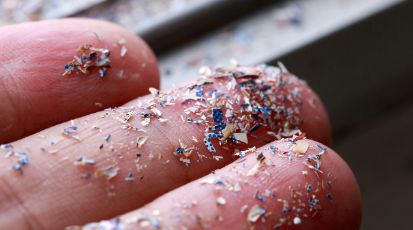
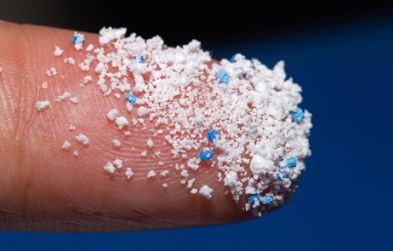
In this age of convenience and convenience, plastics have become an integral part of many people's lives. Takeaway lunch boxes, express packages, shopping plastic bags... These disposable plastic products not only bring convenience to people, but also cause a huge burden on the environment. Once not properly disposed of, plastic waste will leak into the environment and become "white pollution".
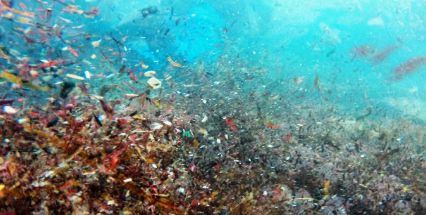
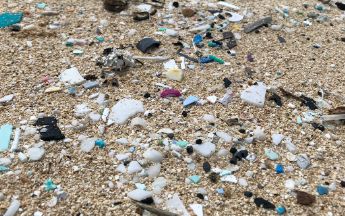
As an important measure of my country's green development, pollution prevention and control has been paid attention to. In response to the problem of plastic pollution, in January 2020, the National Development and Reform Commission and the Ministry of Ecology and Environment jointly issued the "Opinions on Further Strengthening Plastic Pollution Control", which is known as the most stringent "plastic restriction order" in history. However, plastic products have penetrated into all aspects of people's lives. As a part of the alternatives to non-degradable plastic products, the word "degradable plastic" appears in "Opinions on Further Strengthening Plastic Pollution Control", "14th Five-Year Plan Plastic In the "Pollution Control Action Plan" and other documents, businesses and enterprises have also begun to replace the use of degradable plastics.
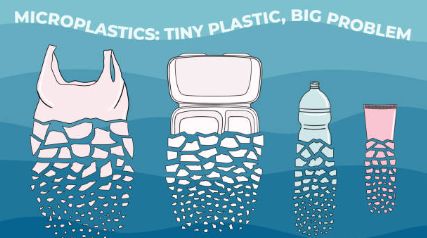
Oxidative degradation of plastics refers to the addition of photosensitizers or oxidation catalysts to non-degradable plastics (such as polyethylene PE) to accelerate their degradation process in light or oxygen-containing environments. However, its degradation products include natural products such as carbon dioxide and water, as well as additives such as microplastics and plasticizers. Additives pollute the natural environment, and studies have found that microplastics can exist in the environment for a long time. Not only that, microplastics can absorb pollutants from the environment, and with the long-term accumulation and runoff migration in the surface soil, they will finally degrade into microplastics or even nanoplastics with smaller particle sizes, migrate to groundwater, and may enter the human body.
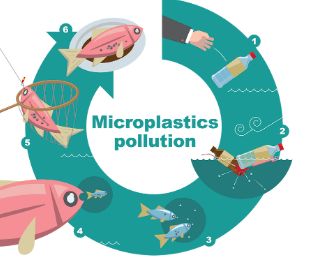
In recent years, many countries and regions have banned the circulation and use of oxo-degradable plastics. The European Commission passed the "Directive (EU) 2019/904" in June 2019, which clearly prohibits all oxidative degradation plastic products, including single-use plastic products, and has been implemented in July 2021. The amendment to the Hygiene and Pollution Prevention Act adopted by Iceland in July 2020 prohibits the placing on the market of products made of plastics that can be degraded by oxidation or so-called oxygen plastics, and will be implemented in July 2021. The regulations (FOR-2020-12-18-3200) approved by the Norwegian Ministry of Climate and Environment to ban oxo-degradable plastic products and certain disposable plastic products were issued in January 2021 and came into effect in July of the same year.
In December 2020, Hainan officially implemented the "Regulations on the Prohibition of Disposable Non-degradable Plastic Products in the Hainan Special Economic Zone". Plastics and thermo-oxo-degradable plastics contain such conventional plastic materials. This means that oxidatively degradable plastics are no longer allowed to be used in Hainan Province, and Hainan has become the first province in the country to implement a global ban on plastics (including oxidatively degradable plastics).
Hainan's first move to ban oxidative degradation of plastics has given many environmental protection agencies an opportunity. Affected by this, six environmental protection agencies launched an initiative on "prohibiting the production and use of oxidatively degradable plastics", calling on other local governments in China to refer to Hainan's practice, face up to and clarify the problem of oxidatively degradable plastics, and eliminate the impact of oxidatively degradable plastics on our country as soon as possible. Harm to the ecological environment and health.
No oxo-degradable plastics, protect our planet.
Come to WorldChamp Enterprises, your ECO products supplier, pioneer who propose, produce, and use green products that replace the traditional plastics items, including compostable and biodegradable gloves, checkout bag, mailing bag, shopping bag, trash bag, dog poop bag, apron, etc.

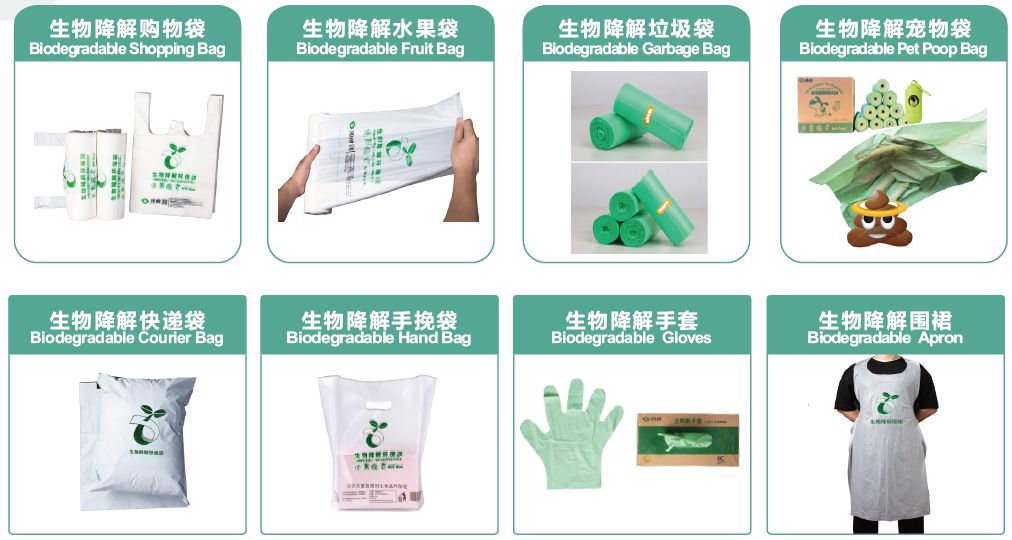
Post time: Dec-15-2022




